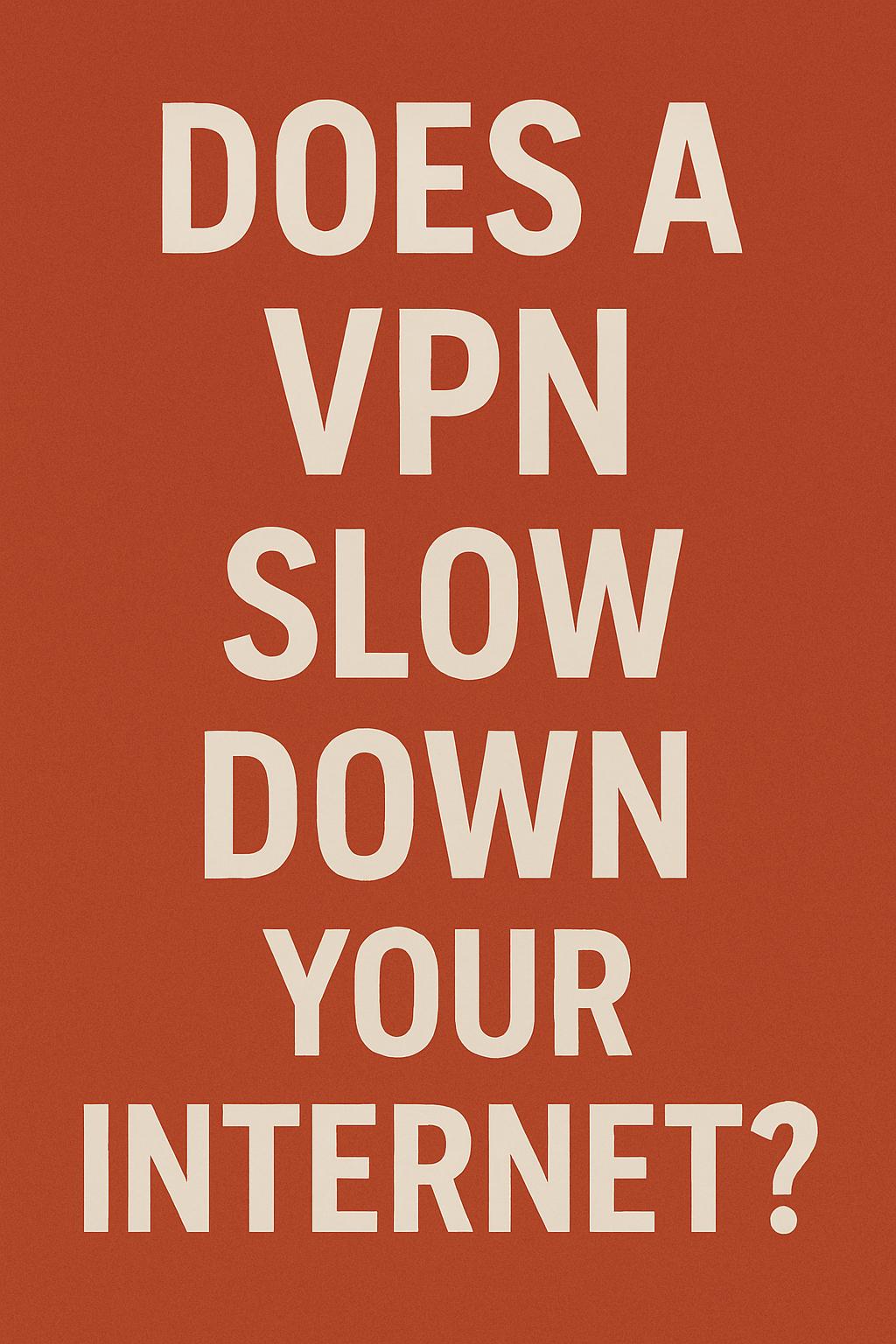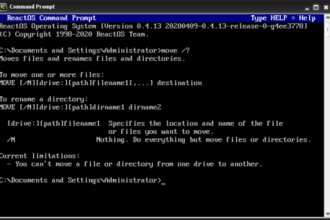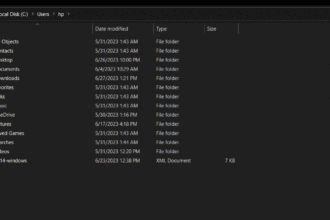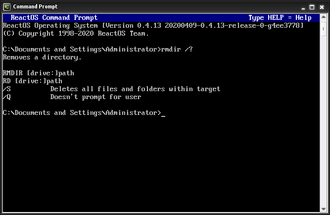- Introduction – Does a VPN Slow Down Your Internet
- 1. Why VPNs Affect Internet Speed
- 2. Factors That Impact VPN Speed
- 3. Real-World Speed Impact
- 4. When a VPN Can Make Speeds Faster
- 5. How to Minimise VPN Slowdowns
- 6. Gaming, Streaming, and VPN Speed
- 7. The Bottom Line
- Does a VPN Slow Down Your Internet – Conclusion
Introduction – Does a VPN Slow Down Your Internet
One of the biggest concerns people have before using a VPN is: “Does a vpn slow down your internet” or “Will it slow down my internet?”
The short answer: yes, sometimes — but not always.
The long answer: it depends on factors like encryption, distance to the VPN server, and the protocol being used.
In this article, we’ll explain why VPNs can affect speed, show you where slowdowns come from, and reveal how to minimise the impact.
1. Why VPNs Affect Internet Speed
A VPN adds extra steps to your connection:
- Your data is encrypted on your device.
- It travels through a secure tunnel to the VPN server.
- The server forwards it to the internet.
Each step introduces potential delays. But the size of the slowdown depends on the tech behind the VPN.
2. Factors That Impact VPN Speed
🔒 Encryption Overhead
- Stronger encryption (AES-256, ChaCha20) takes processing power.
- This adds milliseconds of delay.
🌍 Server Distance
- The further away the server, the longer the round trip.
- UK → Australia will always be slower than UK → France.
📡 Protocol Choice
- WireGuard → extremely fast, low overhead.
- OpenVPN (UDP) → solid balance of speed + security.
- OpenVPN (TCP) → slower, but more reliable.
- L2TP/IPsec → slower, outdated.
👥 Server Load
- Free or overcrowded VPNs often cram too many users on one server.
- Result: slower speeds and dropped connections.
🔗 ISP & Network Throttling
- Some ISPs throttle video streaming or torrents.
- A VPN can actually bypass throttling → making speeds faster.
3. Real-World Speed Impact
Typical speed changes when using a reputable paid VPN:
- Local Server (UK → UK) → 5–10% slower.
- Nearby Server (UK → Germany) → 10–20% slower.
- Far Server (UK → US) → 20–40% slower.
- Very Far Server (UK → Asia/Australia) → 50%+ slower.
With WireGuard, the slowdown is often much less — as little as 2–5% locally.
4. When a VPN Can Make Speeds Faster
It sounds strange, but a VPN can sometimes improve performance:
- Bypassing ISP throttling → streaming Netflix, YouTube, or torrents.
- Reducing routing inefficiencies → sometimes VPN servers find a shorter path to a website.
5. How to Minimise VPN Slowdowns
If you want the benefits of a VPN without painful lag:
- ✅ Use WireGuard protocol where possible.
- ✅ Connect to a server close to your actual location.
- ✅ Choose a premium provider (not a free VPN with crowded servers).
- ✅ Switch servers if you notice congestion.
- ✅ Use a wired connection instead of WiFi for stability.
6. Gaming, Streaming, and VPN Speed
- Gaming: Ping (latency) matters more than raw speed. A local VPN server usually keeps gaming smooth.
- Streaming: VPNs can unblock foreign Netflix/Disney libraries, but you need a fast server for HD or 4K.
- Downloading: Torrents work well on VPNs, but slow providers kill performance. Look for “P2P optimised” servers.
7. The Bottom Line
Yes, VPNs can slow down your internet — but with the right provider and protocol, the difference is often barely noticeable.
- Cheap/free VPNs = big slowdowns.
- Premium VPNs (especially with WireGuard) = minimal slowdown.
- In some cases, you may even see faster speeds if your ISP was throttling traffic.
Does a VPN Slow Down Your Internet – Conclusion
A VPN doesn’t have to mean a slow internet connection. With modern protocols like WireGuard and strong server infrastructure, the impact is often so small you won’t notice it.
So next time you hear “VPNs kill your speed,” remember:
- A bad VPN slows you down.
- A good VPN keeps you private and fast.
🔗 Learn more:
Why Free VPNs Are Risky: Data Logging Explained





